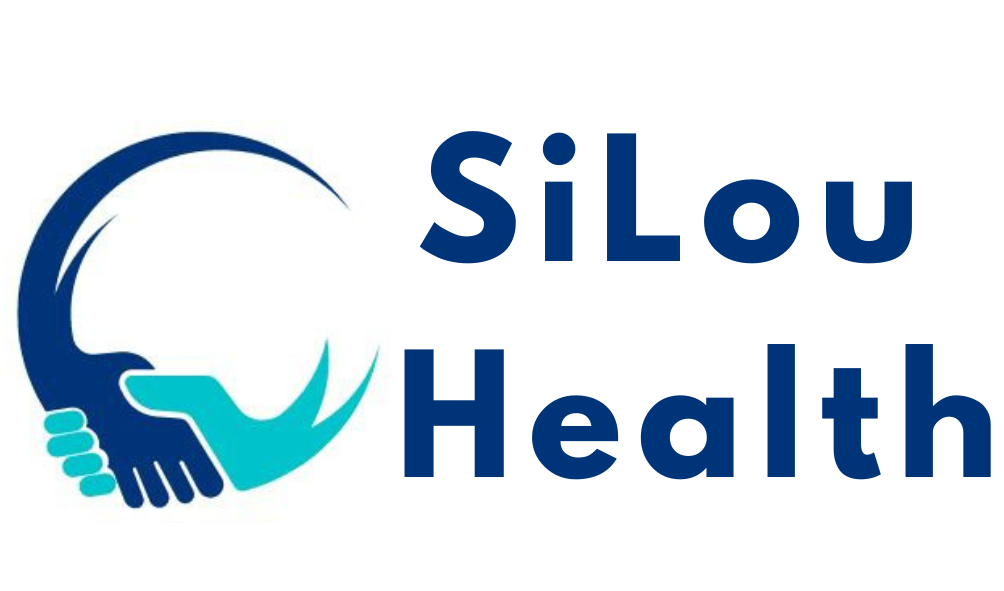
We live in a culture that tells us to "process everything." Feel your feelings. Work through your emotions. Never suppress or avoid difficult experiences.
But what if sometimes, the healthiest thing you can do is give your emotional system a break?
Mental health fasting is an emerging therapeutic concept that involves taking strategic, temporary breaks from emotional processing to allow your psychological system to reset and restore.
This isn't about avoiding problems forever or suppressing important feelings. It's about recognizing when your emotional circuits are overloaded and giving them space to recalibrate.
Let's explore this innovative approach to mental wellness and how you can use it to support your psychological health.
Understanding Mental Health Fasting
Mental health fasting means intentionally stepping back from emotional processing for a defined period, anywhere from a few hours to several days.
Just like your body needs rest after intense physical activity, your mind needs breaks after periods of heavy emotional work.
This concept draws from several therapeutic approaches, including:
l Cognitive behavioral therapy's "thought stopping" techniques
l Mindfulness practices that emphasize present-moment awareness
l Dialectical behavior therapy's distress tolerance skills
l Traditional meditation's focus on mental stillness
The key is that this is a conscious choice, not unconscious avoidance. You're temporarily setting aside emotional processing to return to it later with fresh perspective and renewed energy.
Signs You Might Need an Emotional Detox
1. Mental symptoms:
l Feeling overwhelmed by your own thoughts and emotions
l Inability to gain perspective on problems despite extensive analysis
l Mental exhaustion from constantly "working on yourself"
l Feeling stuck in emotional loops without progress
2. Physical symptoms:
l Fatigue that doesn't improve with sleep
l Tension headaches from overthinking
l Difficulty concentrating on non-emotional tasks
l Sleep disruption from racing thoughts
3. Behavioral indicators:
l Avoiding activities you normally enjoy because they feel overwhelming
l Compulsively talking about problems without finding solutions
l Feeling burned out from therapy or self-help activities
l Irritability when others suggest "taking a break" from processing

How to Practice Mental Health Fasting Safely
1. Start small
Begin with 2-4 hour periods of emotional fasting rather than full days. This helps you build confidence in the practice without creating anxiety about "avoiding" feelings.
2. Set clear boundaries
Decide exactly what you're taking a break from. This might include analyzing relationships, processing past trauma, or problem-solving current stressors.
3. Choose engaging activities
Fill your fasting time with activities that naturally occupy your mind: physical exercise, creative projects, learning new skills, or social activities with light conversation.
4. Create external structure
Use timers, schedules, or accountability partners to maintain your emotional fasting boundaries. Structure prevents the practice from becoming avoidance.
5. Plan your return
Schedule when you'll resume emotional processing. This might be the next day, after the weekend, or following a planned break period.
What Mental Health Fasting Is NOT
1. It's not permanent avoidance
Healthy mental health fasting has defined time limits and planned returns to emotional processing.
2. It's not suppression
You're not pushing feelings down or pretending they don't exist. You're consciously choosing to engage with them later.
3. It's not a substitute for treatment
If you're dealing with serious mental health conditions, emotional fasting should complement, not replace, professional treatment.
It's not escapism
The goal is restoration and perspective, not permanent disconnection from your emotional life.
Creating Your Emotional Detox Days
l Morning routine
Start your detox day with activities that ground you in the present moment: gentle exercise, mindful breakfast preparation, or time in nature.
l Structured activities
Plan your day with engaging, non-emotionally demanding activities: learning a new skill, creative projects, physical activities, or social time with emotionally light companions.
l Mindful boundaries
Avoid triggering content like emotional movies, heavy books, or intense social media. Choose lighter entertainment and positive inputs.
l Evening wind-down
End your detox day with relaxing activities that don't require emotional processing: gentle stretching, reading fiction, or listening to calming music.
l Technology boundaries
Consider limiting social media, news consumption, or communication that might pull you back into emotional processing mode.
When Mental Health Fasting Might Not Be Appropriate
1. Active crisis situations
If you're in immediate danger or experiencing severe symptoms, focus on safety and professional support rather than emotional fasting.
2. Avoiding trauma work
While breaks from trauma processing are healthy, completely avoiding trauma work when you're ready for it isn't beneficial long-term.
3. Relationship emergencies
Some situations require immediate emotional attention and problem-solving rather than strategic breaks.
4. Pattern of chronic avoidance
If you find yourself constantly choosing emotional fasting over processing, this might indicate a need for additional professional support.
Conclusion
Mental health fasting offers a balanced approach to emotional wellness that honors both the need to process feelings and the need to rest from processing.
In a culture that often demands constant emotional work, giving yourself permission to take strategic breaks can be revolutionary for your mental health.
Remember, taking care of your emotional system includes knowing when to engage and when to rest. Both are essential for long-term psychological wellness.
Your mental health journey doesn't require constant intensity. Sometimes the most healing thing you can do is give your mind space to simply be, without analysis or improvement.
Trust yourself to know when you need to dive deep and when you need to step back. Both choices can be acts of self-compassion and wisdom.




